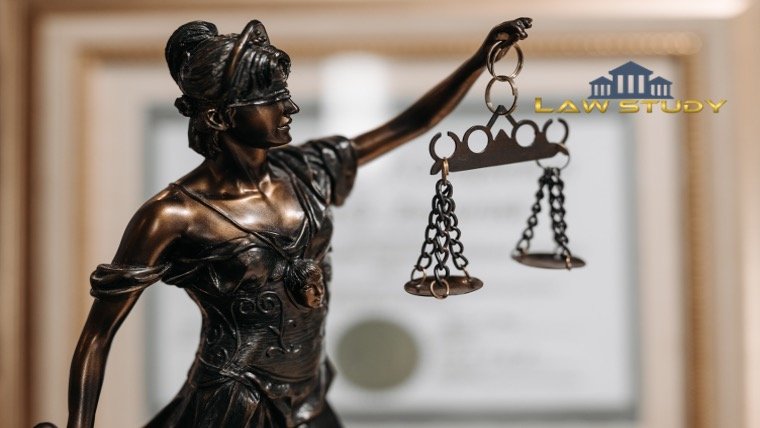Supreme Court Divided on 26-Week Abortion Case of a Married Woman Refers to Larger Bench
The Supreme Court of India recently delivered a split verdict on a case involving the medical termination of pregnancy of a married woman who had reached the 26th week of her pregnancy. This case, heard by an all-woman bench, featured Justices Hima Kohli and BV Nagarathna. The matter at hand involved a married couple who were facing their third pregnancy, with the current pregnancy surpassing the legally permissible limit of 24 weeks for abortions according to the Medical Termination of Pregnancy Act, 1971 (MTP Act).
The petitioner’s counsel informed the Court that due to a condition known as lactational amenorrhea, which refers to a period of post-partum infertility during which menstruation may not occur in lactating mothers and post-partum depression, the woman did not realize that she had missed her periods for five months.
When the case was initially brought before the Court, the Bench directed the All India Institute of Medical Science (AIIMS) in Delhi to form a medical board to examine the petitioner before further consideration. Aishwarya Bhati, the Additional Solicitor General representing the Union government, recommended the immediate constitution of a medical board.
Subsequently, a series of noteworthy events unfolded. On a Monday, the Bench of Justices Kohli and Nagarathna granted permission for the termination of the pregnancy and directed AIIMS to perform the procedure. The following day, ASG Bhati brought the matter before Chief Justice of India (CJI) DY Chandrachud and sought the urgent listing of a recall application on behalf of the Central government, which had not been filed at the time. The CJI agreed to constitute a bench to hear the application the next day.
During the hearing on that day, the Bench of Justices Kohli and Nagarathna expressed strong objections to the Union government’s actions. ASG Bhati stated that the government was willing to care for the baby and possibly arrange for adoption in accordance with the necessary rules but insisted on the woman continuing with her pregnancy. She argued, “The State and this Court have an interest in the child. Her rights to autonomy cannot surpass the MTP Act. But without a challenge to show that it is being lightly interpreted, giving primacy to her reproductive rights will compromise the right of the unborn child to live a viable life.”
In the end, the Bench delivered a split verdict. Justice Kohli did not favor the termination of the pregnancy, while Justice Nagarathna opined that the petitioner’s wishes should be respected over concerns about the viability of the fetus. Justice Kohli raised concerns about the new doctor’s report, noting that the doctor who authored it was a part of the AIIMS medical board that had initially approved the termination. The report, sent via email, argued that the woman should continue with her pregnancy.
Justice Kohli commented, “My judicial conscience does not allow me to permit the termination, whereas my colleague says it should be allowed. We will refer this matter to a larger bench.”
Consequently, the Court ordered the case to be referred to a larger bench. Justice Nagarathna, in her order, expressed her disagreement with Justice Kohli, emphasizing that the petitioner had consistently stated her desire not to continue the pregnancy. She argued that this was not a case where the viability of the fetus needed to be considered but rather a matter of respecting the petitioner’s mental condition and her stated wishes. She also noted that the previous order from October 9th required a recall.

























